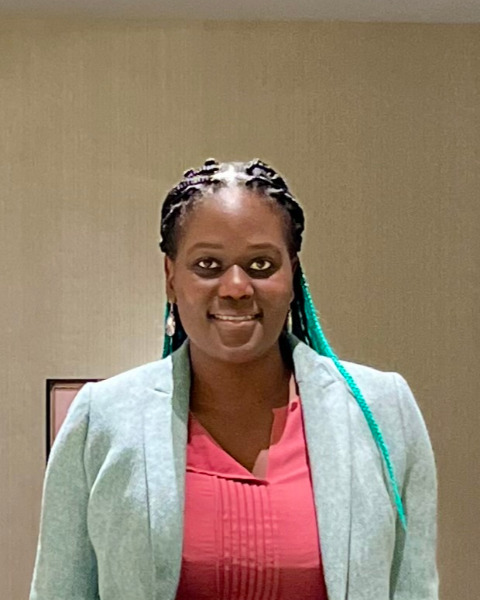PreK-12 Educational Evaluation
Developmental Evaluation in K-12 Education- The case of World Savvy and Global Competence Education
-

Paida Chikate, MA, MPP
National Director of Evaluation
World Savvy
Presenter(s)
Location: Grand Ballroom 9
Abstract Information: Developmental evaluation as an approach facilitates the real-time or close to real-time feedback loop for reflection and adaptation of programming in a timely manner. Developmental evaluation has made a name for itself in high conflict situations where decisions need to be made quickly as lives depend on it. This approach, implemented by practitioners such as Michael Quinn Patton, has also been applied to social innovations (Patton, 2015) which are often in continuous ‘reflect and adapt’ cycles and need timely feedback. There is a story to be told about developmental evaluation and how it can be used to better understand not only emergency and conflict situations but some currently socially contentious issues such as K-12 education in the US. The evaluation of global competence in the K-12 education sector is one that is currently in development and growing with several evaluation approaches being implemented across the board. Using World Savvy, a national non-profit organization, as a case study, the session will explore the importance of maximizing developmental evaluation to tell effective and compelling stories that positively influence K-12 educators as they seek to be globally competent.
Relevance Statement: Developmental evaluation, although usually used in conflict or high emergency situations, is an effective way to look at social issues that cause conflict or are points of friction. Education in the US has become increasingly contentious with some parents and educators at odds about how their children should be taught. Global competence education introduces another complex aspect to education as it requires that educators, students, parents and families be open minded about the local being global and the differences we find when we explore outside ourselves. The value we gain from exploring the world with a global mindset. Developmental evaluation has been employed to look at global education, a currently ‘emergency situation’ of sorts, and been effective in reflecting and adapting to situations as they occur in the K-12 education system. Developmental evaluation can be used to gather stories about the work in more rapid ways that facilitate the improvement of programming at a pace that accommodates an often changing landscape such as global competence education. This session hopes to add to the canon and practice of developmental evaluation with a focus on how social issues that are emergencies can be tackled using developmental evaluation as a tool.
